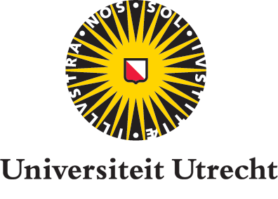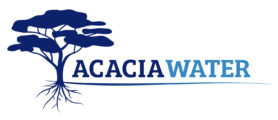Nieuws
New DeltaMAR publication by Floris Naus et al. | Why do people remain attached to unsafe drinking water options?
Naus, F. L., Burer, K., van Laerhoven, F., Griffioen, J., Ahmed, K. M., & Schot, P. (2020). Why do people remain attached to unsafe drinking water options? Quantitative evidence from Southwestern Bangladesh. Water, 12(2), 342
Abstract: The acceptance of newly implemented, safe drinking water options is not guaranteed. In the Khulna and Satkhira districts, Bangladesh, pond water is pathogen-contaminated, while groundwater from shallow tubewells may be arsenic- or saline-contaminated. This study aims to determine why, as well as the extent to which, people are expected to remain attached to using these unsafe water options, compared to the following four safer drinking water options: deep tubewells,pond sand filters, vendor water, and rainwater harvesting. Through 262 surveys, this study exploreswhether five explanatory factors (risk, attitude, norms, reliability, and habit) pose barriers toswitching from unsafe to safe drinking water options or whether they could act as facilitators of such a switch. Users’ attachment to using pond water is generally low (facilitators: risk and attitude. Barrier: norms). Users are more attached to shallow tubewells (no facilitators. Barriers: reliability and habit). The safe alternatives (deep tubewell, rain water harvesting, pond sand filter, and vendor water) score significantly better than pond water and are estimated to have the potential to be adopted by pond water users. Deep tubewell, rain water harvesting, and pond sand filter also score better than shallow tubewells and could also have the potential to replace them. These findings may be used to optimise implementation strategies for safer drinking water alternatives.





